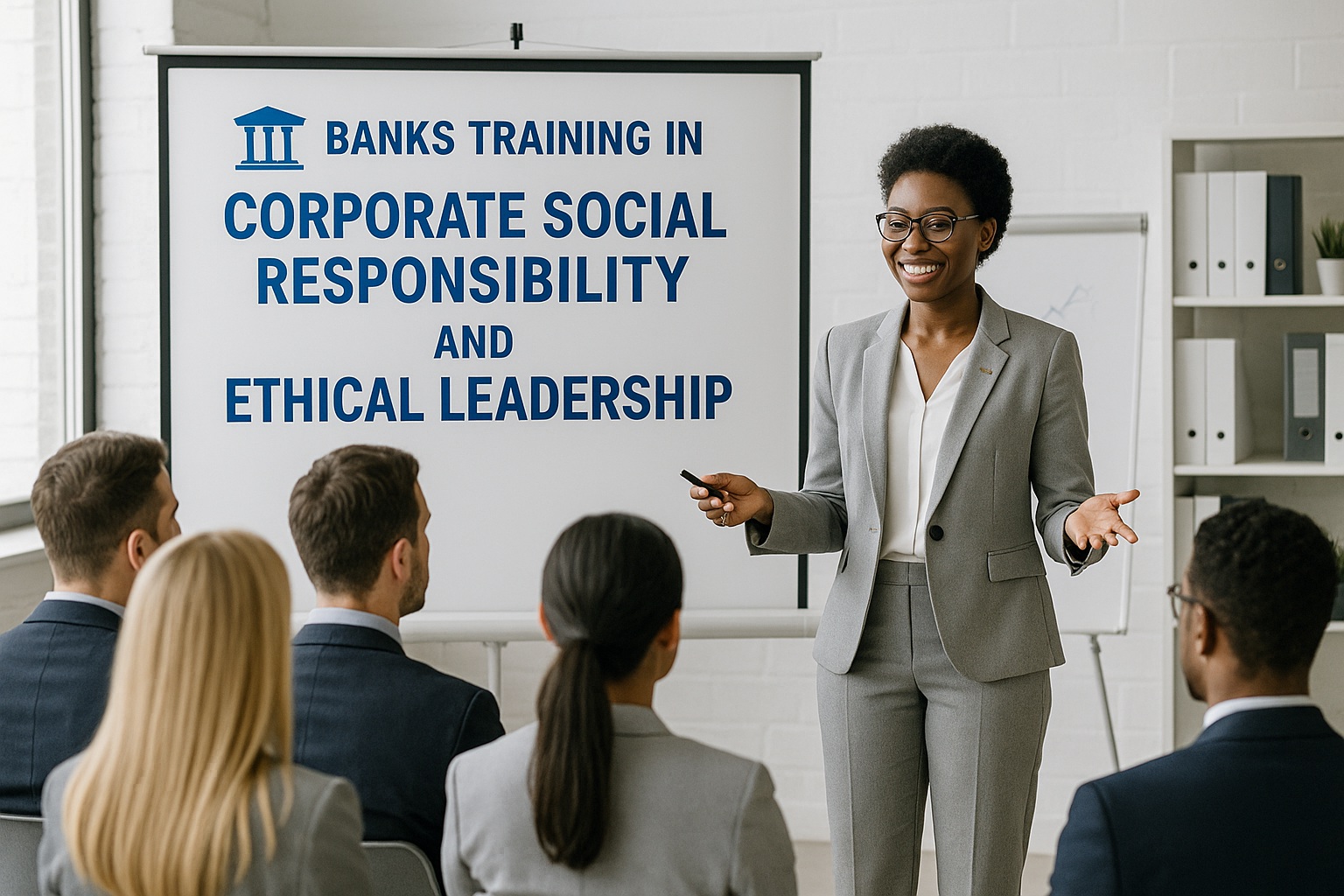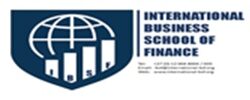- The IBSF
- Professional Courses
- C-Suite Program
- Reserve Banks and Treasury Programs
- Revenue Service Programs
- ICT and FINTECH Courses
- Commercial Banks & Other Financial Institutions
- Retail banking courses
- Corporate banking courses
- Investment banking courses
- Risk management courses
- Compliance and legal courses
- Banking operations courses
- Wealth management and private banking
- Loan and credit courses
- Financial management/accounting courses
- Foreign exchange and international banking
- Academic Courses
- Events
- Staff Directory
Corporate Social Responsibility (CSR) and Ethical Leadership

About Course
The Corporate Social Responsibility (CSR) and Ethical Leadership course is designed to equip business leaders, board members, and senior executives with the knowledge and skills to integrate CSR into their organizational strategy while promoting ethical leadership practices. As businesses face growing pressure to be socially and environmentally responsible, this course provides participants with a deep understanding of CSR principles, ethical decision-making, and how to lead organizations that prioritize sustainability, social impact, and strong corporate governance. Through case studies, expert insights, and actionable frameworks, the course highlights how CSR and ethical leadership contribute to long-term business success by building trust with stakeholders, enhancing brand reputation, and fostering a positive organizational culture. Participants will learn how to develop and implement CSR initiatives that align with their organization’s values, regulatory requirements, and community expectations.
By the end of the course, participants will be equipped with the strategic insights and leadership tools to lead their organizations in implementing effective CSR initiatives and fostering an ethical organizational culture. They will gain the ability to evaluate the social, environmental, and economic impacts of business operations, make ethical decisions that promote long-term value creation, and communicate the organization’s CSR efforts to key stakeholders. Expected outcomes include the development of CSR strategies that create shared value, the ability to measure and report CSR performance, and a deep understanding of ethical leadership principles that guide responsible business practices
Course Content
Module 1: Introduction to Corporate Social Responsibility (CSR)
-
Unit 1.1: Defining CSR: Principles and Frameworks
-
Unit 1.2: The Evolution of CSR and Its Role in Modern Business
-
Unit 1.3: CSR and Business Sustainability: A Strategic Approach
-
Unit 1.4: Stakeholders in CSR: Who Are They and What Do They Expect?
-
Unit 1.5: The Business Case for CSR: Benefits Beyond Profit
